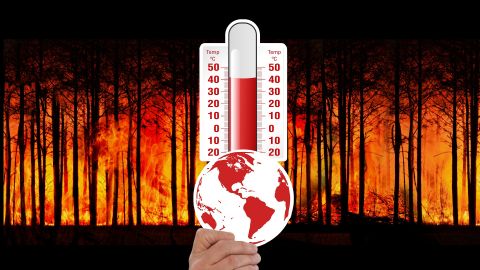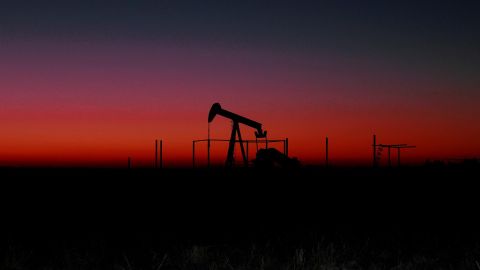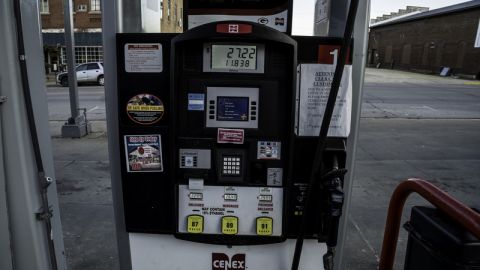
Can the Environment Be a Unifier During Divisive Times?
Following the tumultuous 1960's, the U.S. passed a historic slate of landmark environmental laws. Could today's divided nation do the same?

Following the tumultuous 1960's, the U.S. passed a historic slate of landmark environmental laws. Could today's divided nation do the same?

52 years since the first celebration, as climate change becomes more and more serious, has Earth Day lost a bit of its charm?

More than 1,000 scientists in 25 countries took part in climate protests last week, risking their careers and reputations in the process.

“Tip of the Iceberg” host Ethan Brown explains why the latest IPCC report made him feel more optimistic about the climate than ever before.

Resource-rich nations show patterns of governmental and economic malaise. But is it fair to attribute a nation’s problems to just one factor?

By invoking the Defense Production Act, the U.S. sends a reminder that fossil fuel reliance is a national security risk.

The internet is flooded with alarmist headlines. But within the articles themselves lies the real story — often told in more rational terms.

The twin polar heat waves and Conger ice shelf collapse were unprecedented, scary, but absolutely not a reason to give up on climate change.

44% of U.S. oil refining capacity is located on the Gulf Coast. Every time hurricanes hit the region, national gas prices skyrocket.

Inflation and the Russian invasion of Ukraine are major factors, but climate change has very little to do with today's high gas prices.